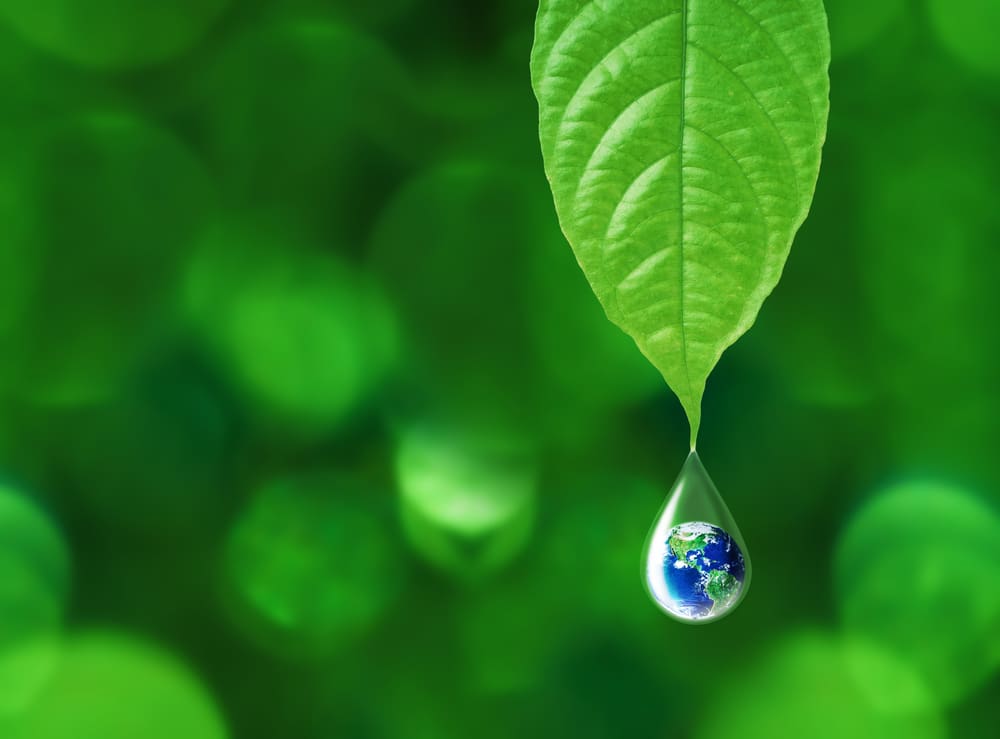
Dear Therapist,
How does one find hope when it all feels hopeless?
Sincerely, Hoping for Some Answers
My goodness! What a great question. A few words, but it packs a punch and offers up a true conundrum for the times we are living in indeed. Finding hope in hopelessness!
Earlier this week, I was spotlighting eco-anxiety, a place where it is easy to melt into a state of hopelessness even as people say there is still hope to be found. And it is not just worries about our environment, but, in general, in America there is a lot we can look around at and feel hopeless about. Poverty, gun violence, political discord, cyber attacks, and the list can go on and on.
It also doesn’t help that everything seems to be moving at the speed of light — faster even than that! All of this hopelessness and doses of hope are served up like a fast food meal. There is hardly time to know if one can dwell in both or must we decide to be hopeless or hopeful in our lives?
Whatever it is that is causing you to feel hopeless, it is important to slow down and consider the matter. And not alone, but in community with others. If you don’t feel there is anyone you can share with, then finding other voices in media and community may be a way to feel less lonely in whatever you are considering.
From there, think about all angles of the matter. What are the positives and what are the negatives? Is there a history to the matter? What do more than one voice and opinion say. From here, you can form your own ideas. If it is a problem that can potentially have a solution, creating those ideas and implementing them may move you along into a hopeful stance.
However, sometimes we have to simply sit in what appears to be hopeless and make the matters we are thinking of “our friend” and inviting them in without having to do much of anything, but be present to our sad/bad/angry/hopeless feelings. Sometimes it is healthy to dwell in these states and gain a curious stance over what it all means for you.
Hope seems to be the thing we are all chasing and hopelessness the thing we are supposed to avoid. Flipping that idea on its head and dwelling in them both but not getting bogged down in either place may be a more authentic and honest place for all us to strive to be in during these times.

